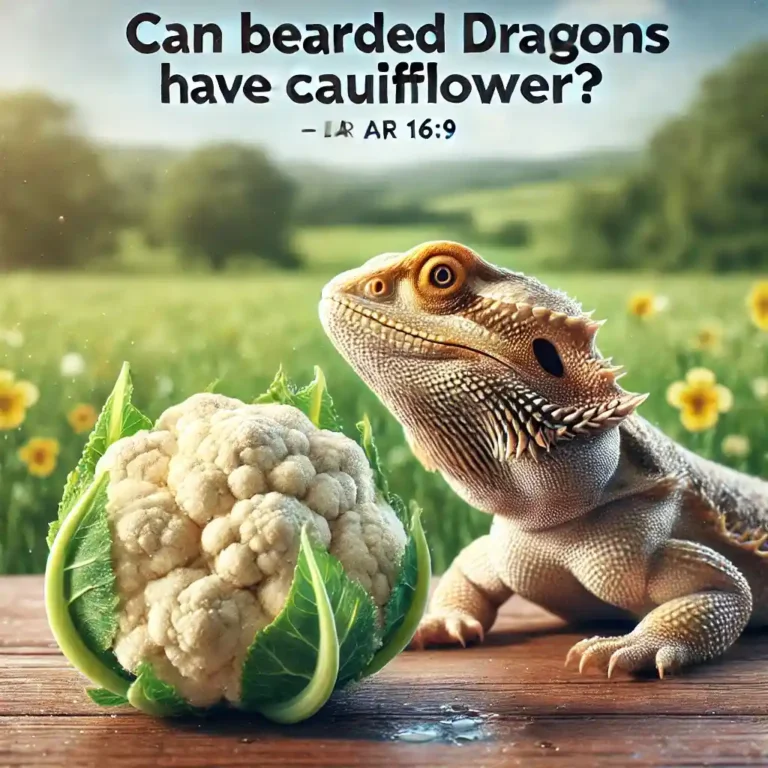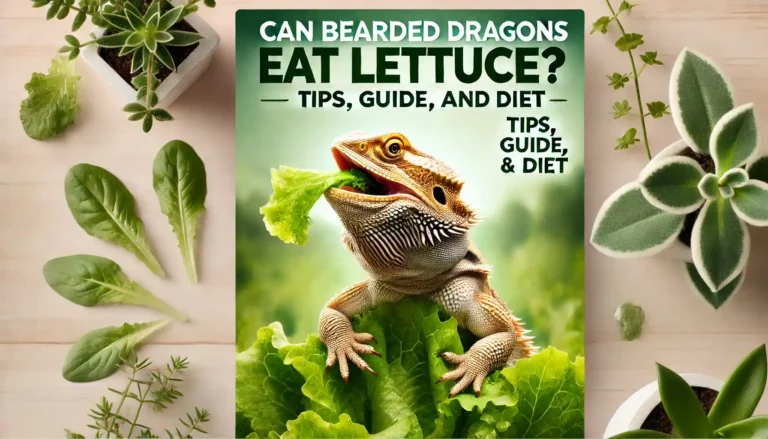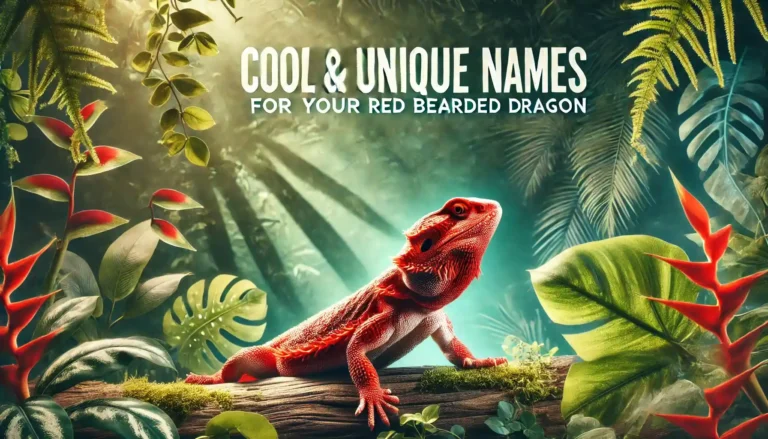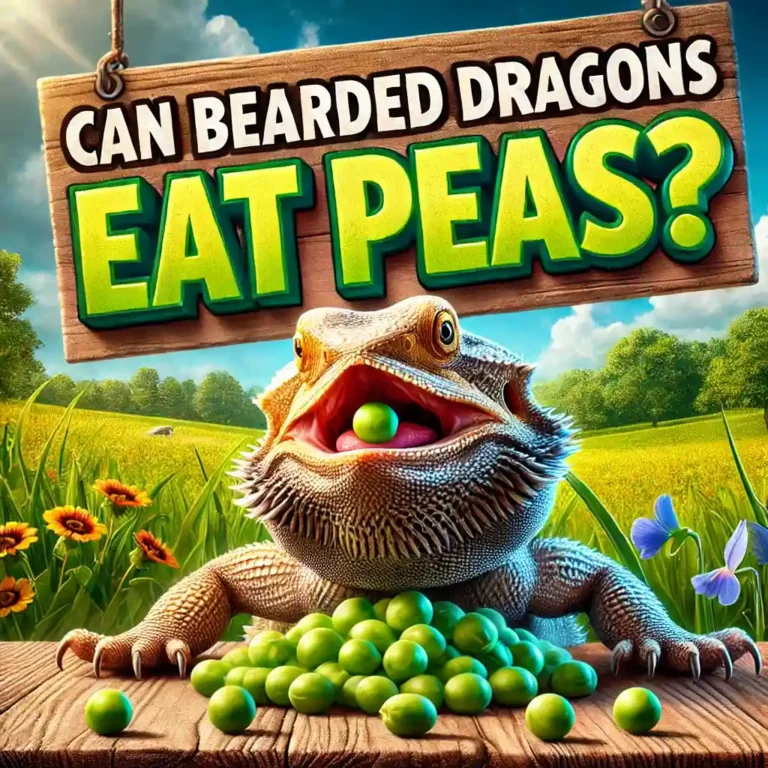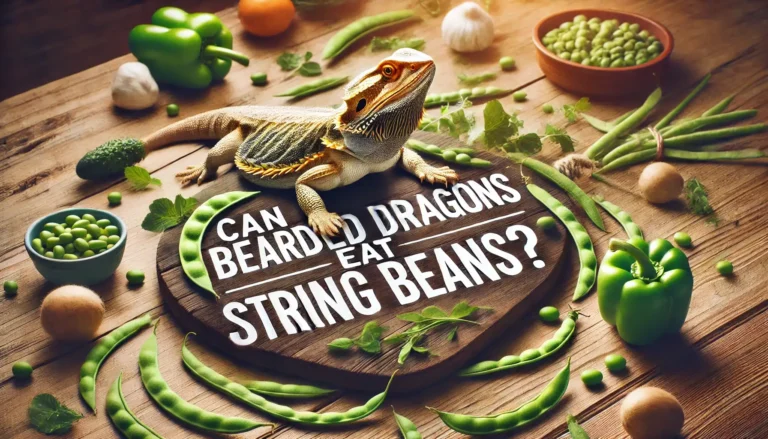Do Bearded Dragons Eat Watermelon?
Bearded dragons are fascinating pets that need a proper diet to stay healthy. Their diet includes a mix of vegetables, fruits, and insects. Many owners wonder if their bearded dragon can eat watermelon. The answer is yes, but only in small amounts and as a rare treat. In this guide, we’ll explain why watermelon isn’t an ideal food for bearded dragons and how to serve it safely.
Can Bearded Dragons Eat Watermelon?
Yes, bearded dragons can eat watermelon, but it’s not the best food for them. Watermelon is full of water and sugar, which can be harmful if eaten in large quantities. It also lacks many essential nutrients that bearded dragons need to thrive.
Watermelon should only be given to bearded dragons as an occasional treat. A small piece every now and then is safe, but it should never replace their regular, nutritious meals.
Why Should Watermelon Be Given Only Occasionally?
Watermelon is refreshing and sweet, but it’s not a healthy choice for bearded dragons. Here are the main reasons why you should limit how much watermelon they eat:
High Water Content
Watermelon is made up of about 90% water. While hydration is important for bearded dragons, too much water can cause digestive problems like diarrhea. Their bodies are not designed to handle a lot of watery foods.
May you Like : https://wildopedia.com/can-bearded-dragons-eat-pumpkin/
Low Nutritional Value
Bearded dragons need a diet rich in calcium, vitamins, and other nutrients. Watermelon doesn’t provide much of these essential nutrients. If your bearded dragon eats too much watermelon, they may miss out on healthier foods.
| Nutrient | Amount in Watermelon | Why It Matters |
|---|---|---|
| Water | 90% | Too much can cause diarrhea |
| Calcium | Very Low | Essential for strong bones |
| Phosphorus | Moderate | Blocks calcium absorption |
| Sugar | High | Can lead to obesity and dental issues |
Poor Calcium-to-Phosphorus Ratio
A proper diet for bearded dragons requires more calcium than phosphorus. Watermelon has more phosphorus than calcium. This imbalance can weaken their bones and cause health issues over time.

How to Safely Feed Watermelon to Bearded Dragons
If you want to treat your bearded dragon with watermelon, here’s how to do it safely:
- Choose Fresh, Seedless Watermelon: Always pick a ripe, seedless watermelon. Seeds can be a choking hazard, and unripe watermelon may upset their stomach.
- Wash the Watermelon Thoroughly: Clean the outside of the watermelon to remove dirt and chemicals.
- Cut It Into Tiny Pieces: Slice the watermelon into small, bite-sized pieces. Bearded dragons have small mouths and can choke on large chunks.
- Serve Occasionally: Offer watermelon no more than once or twice a month. This ensures they don’t consume too much sugar or water.
- Monitor Their Reaction: After feeding, watch your bearded dragon for any signs of discomfort, diarrhea, or unusual behavior.
What Happens If Bearded Dragons Eat Too Much Watermelon?
Feeding too much watermelon can cause problems such as:
- Diarrhea: Excess water can upset their digestive system.
- Obesity: High sugar content can lead to weight gain.
- Nutritional Deficiency: Eating too much watermelon might make them skip healthier foods.
If you notice these issues, stop feeding watermelon and provide a balanced diet. Contact a vet if the symptoms persist.
What Fruits Can Bearded Dragons Eat Safely?
While watermelon should be a rare treat, other fruits are safer and healthier for bearded dragons. Here’s a list of fruits they can eat:
| Fruit | Can Bearded Dragons Eat It? | Frequency |
|---|---|---|
| Apples | Yes | Occasionally |
| Blueberries | Yes | Occasionally |
| Mango | Yes | Rarely |
| Strawberries | Yes | Occasionally |
| Bananas | Yes | Rarely |
| Papaya | Yes | Occasionally |
These fruits provide more nutrients and are better options for your bearded dragon.
What Should Bearded Dragons Eat Daily?
A balanced diet is essential for a healthy bearded dragon. Here’s what they should eat every day:
Vegetables
Vegetables are the most important part of a bearded dragon’s diet, especially for adults. Feed them leafy greens like collard greens, mustard greens, and dandelion greens. These are rich in calcium and other nutrients.
Protein
Young bearded dragons need more protein than adults. Offer them live insects like crickets, mealworms, and dubia roaches every day. Adults need insects less frequently but still require protein in their diet.
Calcium and Supplements
Bearded dragons need calcium to keep their bones strong. Dust their food with calcium powder a few times a week. You can also provide a UVB light to help them absorb calcium.
Foods to Avoid
Some foods are harmful to bearded dragons and should never be given to them. These include:
- Avocado: Contains toxins that can be fatal to bearded dragons.
- Spinach: Binds to calcium and prevents absorption.
- Citrus Fruits: Too acidic and can upset their stomach.
- Onions and Garlic: Toxic to bearded dragons.
- Rhubarb: Highly toxic and can cause kidney failure.
FAQs
Can Baby Bearded Dragons Eat Watermelon?
No, it’s better to avoid feeding watermelon to baby bearded dragons. They need nutrient-dense foods like leafy greens and insects to grow strong and healthy.
How Much Watermelon Can I Give My Bearded Dragon?
You can give a small, bite-sized piece of watermelon once or twice a month. Avoid feeding it regularly.
Can Bearded Dragons Drink Watermelon Juice?
No, watermelon juice is too sugary and watery. It’s better to offer fresh, solid pieces in small amounts.
Why Do Bearded Dragons Like Watermelon?
Bearded dragons enjoy the sweet taste and juicy texture of watermelon. However, their bodies are not designed to handle sugary foods often.
What Other Fruits Are Better Than Watermelon?
Fruits like apples, blueberries, and strawberries are better choices. They offer more nutrients and are less sugary.
Conclusion
Bearded dragons can eat watermelon, but it should only be an occasional treat. Watermelon is high in water and sugar, which can cause digestive issues and other health problems if eaten too often. Always focus on providing a balanced diet that includes leafy greens, insects, and calcium-rich foods.
If you’re unsure about what to feed your bearded dragon, consult a vet. A healthy diet will ensure your bearded dragon lives a long and happy life!

